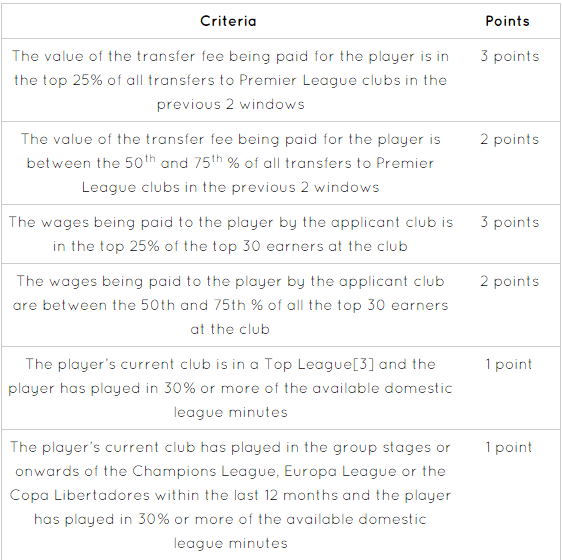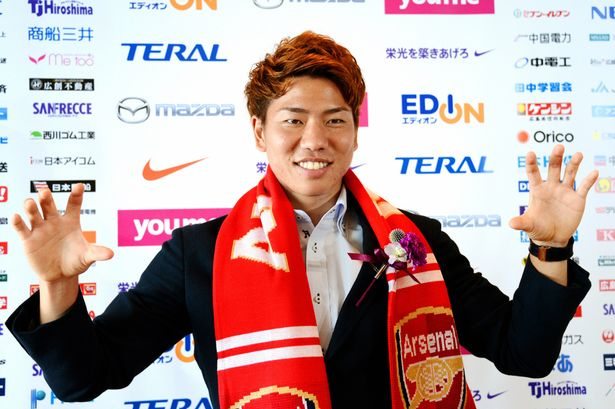After the game against Leicester, Arsene Wenger revealed that Takuma Asano would not be granted a work permit by the Home Office, meaning that he will not be able to play for Arsenal for the foreseeable future.
In 2015, the FA announced a change to their rules governing non-EEA players and stated that they must be “internationally established at the highest level,” and “whose employment will make a significant contribution to the development of their sport at the highest level.”
That’s quite the burden to place on a player, and also something that is completely subjective and impossible to quantify. While they can place a value on the first part of the requirements (Asano needs to have played 60% of Japan’s games in the previous 24 months), the second seems to be down to personal opinion.
Asano has made five appearances for the senior Japan national side, scoring one goal for the side ranked 49th in the world. Competing at the Olympics this summer, Asano and Japan finished third in their group (behind Nigeria and Colombia) with four points and the Arsenal man scoring two of their seven group goals.
Roughly 50% of declined work permit applications are appealed and around 79% of those are successful, which highlights a major problem with the original decision-making system if such a large volume is being reversed. Appeals should rarely be successful if any process has been applied properly and fairly in the first place.
When Wenger was asked about Asano, he sniped back about transfer prices and it seems like he could well have a point from more than just a view of a man who doesn’t like paying high prices.
Wenger on why Asano hasn't got work permit – "because he didn't cost £50m".
— Simon Collings (@sr_collings) August 20, 2016
The value of the transfer fee, along with the wages they will be paid, are taken into consideration during the appeals process, meaning there is no reward for anyone who finds a bargain.
“The appeals process is a points based system under which the panel will award points depending on the circumstances of the transfer,” Daniel Geey, partner of Sports Group at Sheridans, explains.
“If a player scores four points or more, the panel may recommend that the application is granted. Nonetheless, the panel can still reject the application even if four or more points are scored.”

So what next for Asano?
Well, Arsenal could appeal, if they haven’t already, although they probably won’t.
Most likely, they will look to loan the striker out to a club, I thought most likely in Spain as they have done with players such as Joel Campbell, Carlos Vela, and Wellington Silva who were also declined work permits when they were first signed, but it seems not if this is correct:
Wenger confirms Takuma Asano has not got work permit. Will be loaned to Germany or France.
— Simon Collings (@sr_collings) August 20, 2016
Spain would seem to make more sense unless Arsenal are hopeful of getting him a special talent visa next season. Once a player obtains a Spanish passport they can then move to England thanks to our membership of the EU. Of course, this is all at risk because of Brexit.
However, it takes just two years to get a Spanish passport and it’s unlikely that Brexit will be complete by then (or ever).
In Germany, however, they do not allow dual nationalities unless you are from the EU or Switzerland so Asano would be required to denounce his Japanese citizenship to get a German passport as their system is based on the ‘principle of avoiding dual citizenship.’.
In France it takes five years to become naturalised.

